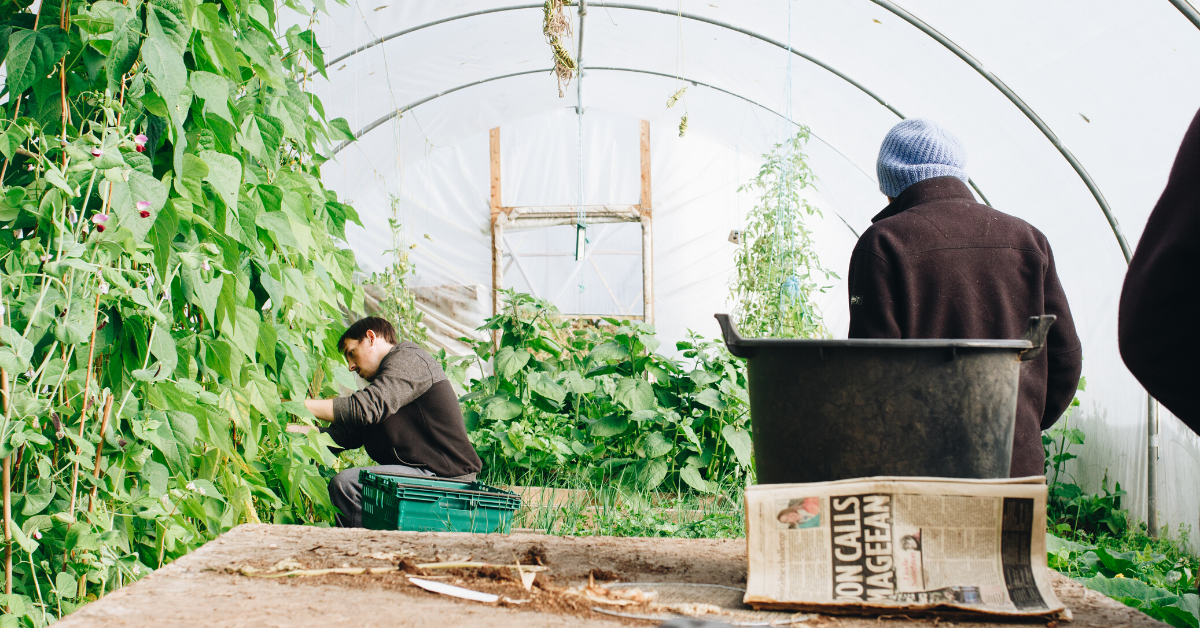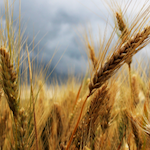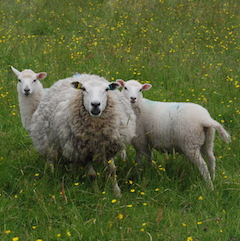Here’s why I’m so at odds with most of my ‘green’ friends
Continue readingHere’s why I’m so at odds with most of my ‘green’ friends
Whole farm and organic systems are being ignored in post Brexit farm support plans
Organic Forum (EOF) has expressed concern that organic options are being side-lined by Defra
Organic GMOs – ask yourself, can this ever be a ‘thing’?
There is no question that our food system is broken. The way we farm, the way we process, sell, buy and eat food has become an exercise in a polluted environment and polluted, undernourished bodies.
Against this backdrop the word ‘organic’ is sometimes waived like a flag – or worn like a magic cloak – that protects us from harm.
The image of organic, of an agricultural system that promotes healthy plants, animals, soil and humans; that emulates and sustains natural systems; that promotes fairness and justice for all living things; and that cares for future generations, is still strong and is still substantially true.
Organic is the most widely-used system that comes closest in practice to genuinely sustainable farming. But it’s under attack on many fronts. In part this is because there can be a large space between image and the business-as-usual reality of food production. Even with the best will in the world, unsatisfactory practices can creep in and, increasingly, corporate and industrial farming and food interests seek to benefit financially from the cache of organic while at the same time belittling, and in some cases ignoring, its core values.
As in many things the US leads the way in this. Hydroponics and concentrated animal feeding operations (CAFOs) have both been allowed in organic foods certified by the United States Department of Agriculture (USDA), in the face of considerable opposition, recently formalised under the banner of the Real Organic Project.
The US has also been blighted by the rise what some call ‘Big Organic’ – an upscaling of organic production that mimics industrial agriculture in its reliance on monocultures, intensive animal rearing and industrial processes. One component of Big Organic is some of the well-established organic brands that have been bought up by large food conglomerates; another is the proliferation of ‘organic’ supermarkets that operate in the same unfair and unsustainable way as their conventional counterparts.
It might be argued that this is simply the consequence of continued and healthy growth in the organic market. Even if that is the case, it is also part of a subtle trend that chips away at the essential nature of organic using mumbo jumbo about the inevitability of market forces and opaque certification.
Read more……click on the link below.
Credit: Hospitality and Catering News
Martin Talks About Global Humility for Our Health
Continue reading "Martin Talks About Global Humility for Our Health"







